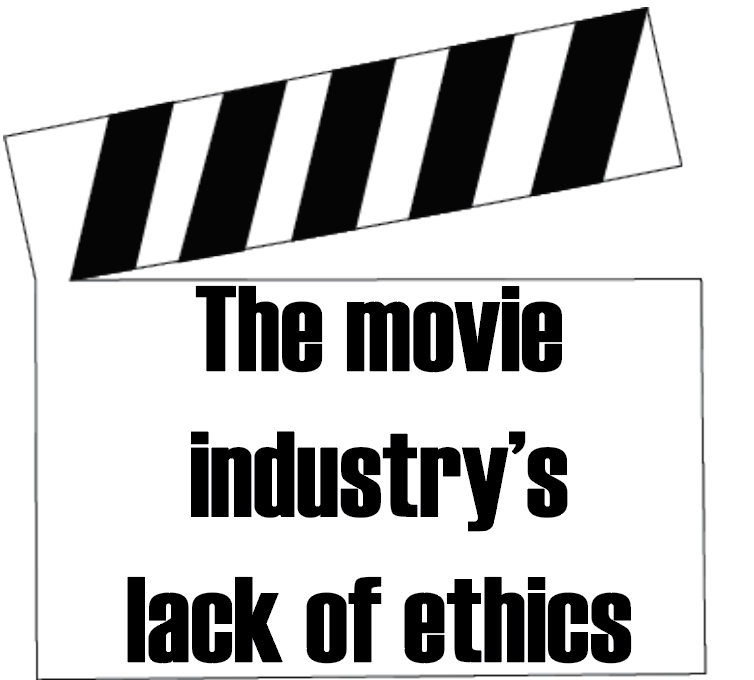The movie industry’s lack of ethics
April 5, 2022
How many household movie names, famous and “brilliant” directors and actors, have committed egregious crimes? And how many, exactly, are known even more and talked about even more because of these things?
Too many. These “egregious crimes” are almost always sexual assault and harrassment, destructive entitlement by the rich and the famous to take whatever they want from other people. At least, this is the bulk of what’s come to light in the most recent decade or so, with more and more people revealing how they were victimized in the past by prominent figures in Hollywood and the movie industry at large. These point to a massively concerning trend in how we, as a public monolith, consume works of film: we’re all still supporting unethical production, amoral people, and we’re propelling them to new heights of fame. Instead of punishing them, the public seems to be feigning outrage at socially and morally unacceptable behaviour and continuing to be mindless in its consumption of these people’s works.
The amorality of the movie industry points to a general deficit in responsible action among the rich, famous, and powerful. It’s so easy for those in positions of privilege over others to exploit and attack people, sometimes without the victim’s knowledge. As regular people who have never been famous or powerful but spend money on the movies and shows of those who are, we put a great deal of trust in the actions of those with money and influence. But how often do we actually check to see if that’s the right thing to do? And after that, even when we do our personal investigation and our parts for a self-satisfying justice, how does that get translated into actual repercussions for those who abuse power?
That’s where the awful disconnect between outrage and action takes hold. It’s the dilemma of every normal person with hardly any platform when they care about something and want to make a difference. In the movie industry, for one, there’s only sometimes a distinction between good talk and bad talk; generally, people will avoid a movie only if it’s uninteresting. Key word “generally,” of course. If there’s been a scandal on the set of the latest multi-million dollar blockbuster, people will still be lining up around the block to see it. Additionally, those blockbusters and the Oscar shoo-ins withcontroversial directors and stars are what the movie industry wants to make. No one in big-budget films seem to care if this uber-famous actor or that director have histories of sweeping things under the rug, because ultimately they’re focused on stirring up cash instead of discovering new talent or making something truly ethical and good.
At the end of the day, then, making a change comes down to a personal ethos. Not everybody will drop their admiration for their favorite actor or director as soon as a new scandal comes out. Some people don’t care. But the only way to do something, if you do care, is to consider changing your point of view. We could all do with a little less mindless reliance on big names and big faces to tell us what to see and what to sink our money into, and we could all do with a little bit more discretion in what we chose to see in the first place.



